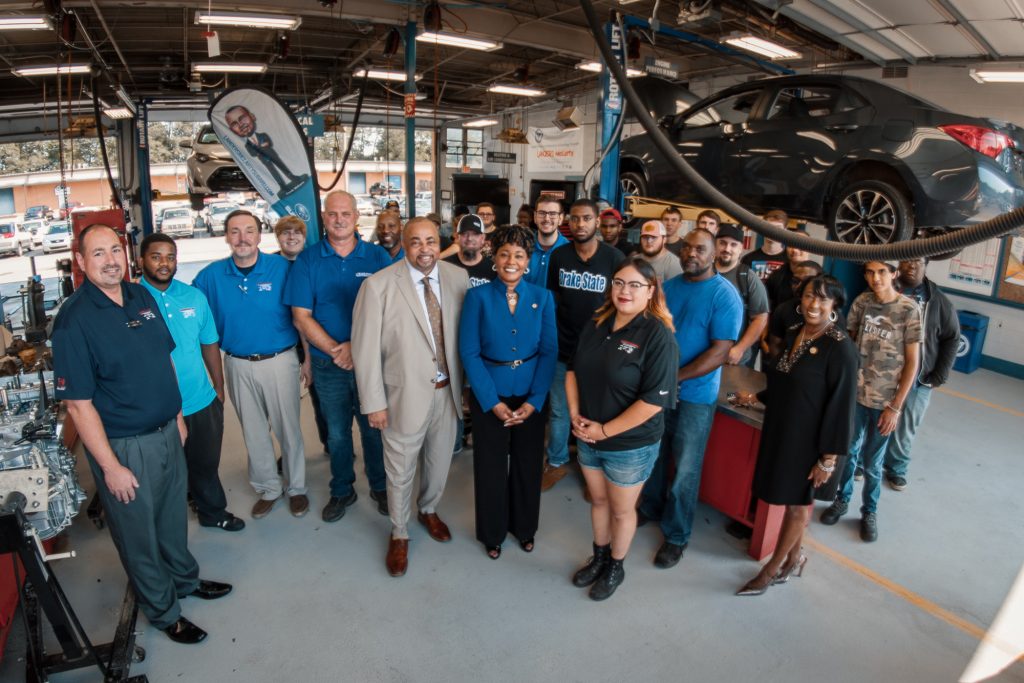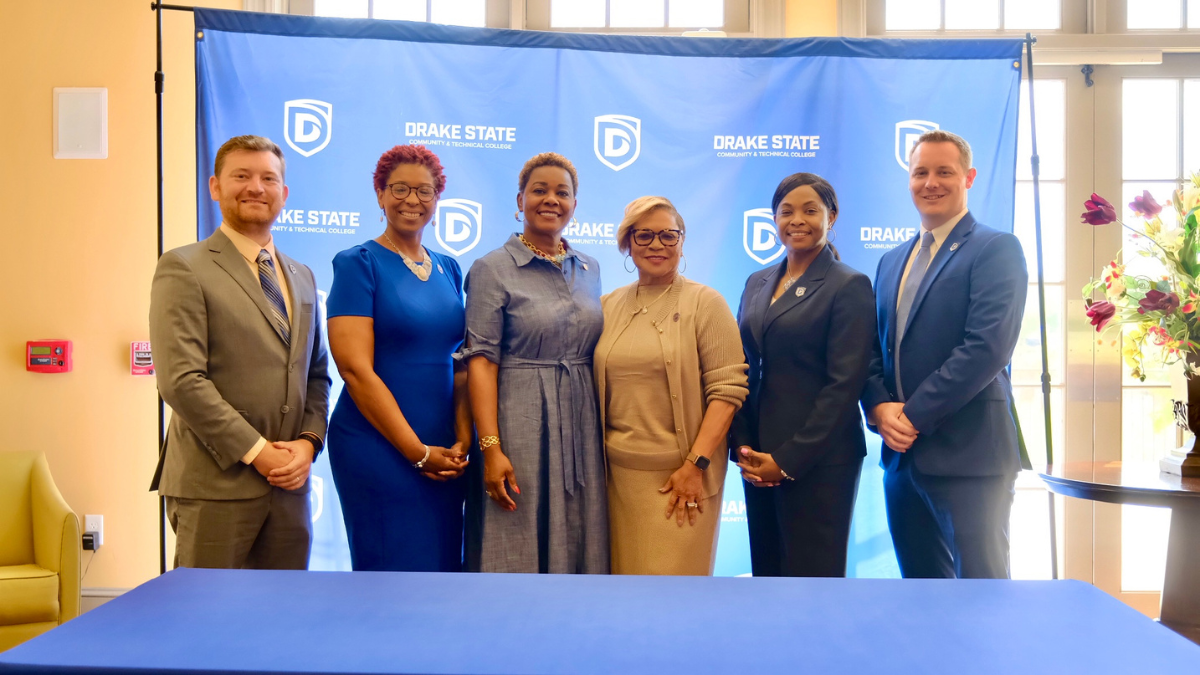DrBanneker
Space is the Place

Previously we covered Coppin State University which received an average score of 7.2
See the updated leaderboard here
Today we return to Huntsville (as we did with Alabama A&M) to look at a HBCU community college, J. F. Drake State Community and Technical College Founded as a vocational school for Black students in 1961, it originally seems that it may have been another option to maintain segregation in the state. However, only six years later in 1967 it was desegregated and was the first segregated vocational school in the US to do so.
J.F. Drake stands out here (and in the Analytics thread) as having the lowest 6 year graduation rate amongst all HBCUs---only 8%. However, one must keep in mind several factors. First, over 80% of its students come from households considered in poverty (under $30k) and 71% of them attend school part-time; probably in addition to a full-time job. The 8 year graduation rate goes up to 19% but it seems like many commuter vocational schools most students don't finish.
However, the school may see some improvements in the future, partially due to a $1.2M grant from NASA received in 2021 to improve STEM programs.
Founded: 1961
City, State: Huntsville, AL
Type: 2-Year, Public
Nickname: Eagles
Enrollment and percent Black enrollment: 872, 64% Black
Part-time student percentage: 71%
First Generation Student Percentage: 59%
Percentage of students from households under $30k/over $100k: 83%/NA
Out of State Percentage: 5%
Student-to-Faculty Ratio: 12:1
Admissions Acceptance Rate: Open admissions
4-yr/6-yr/8-Yr graduation rates: 4% / 8%/ 19%
Transfer out rate: 16%
Male/Female percentages (Female:Male Ratio): 57% male / 43% female (1.3:1)
Tuition: In-State: $4.8k, Out-of-State: $8.5k
Median Debt After Graduation: N/A
Median Earning 10-Years after 10 years from freshman year: $26,169
Median Earnings for specific majors after 3 years after graduation:
Medical Assistant/LPN - $43k
Top Majors by Degrees:
Manufacturing technology, medical assisstant/LPN, business administration, culinary arts
Endowment: N/A
Alumni Engagement: N/A
Athletic Conference: N/A
Mascot: N/A
Notable Alumni: N/A


Patricia Sims (president) in the auto tech training garage


Miss JF Drake

@ab.aspectus @Originalman @#1 pick @Ziggiy @SupaVillain @Tug life @Idaeo @get these nets @MostReal @Bryan Danielson @Rollie Forbes @Willie Lump Lump @staticshock @Charlie Hustle @BigAggieLean. @Optimus Prime @How Sway? @DropTopDoc @Anerdyblackguy




